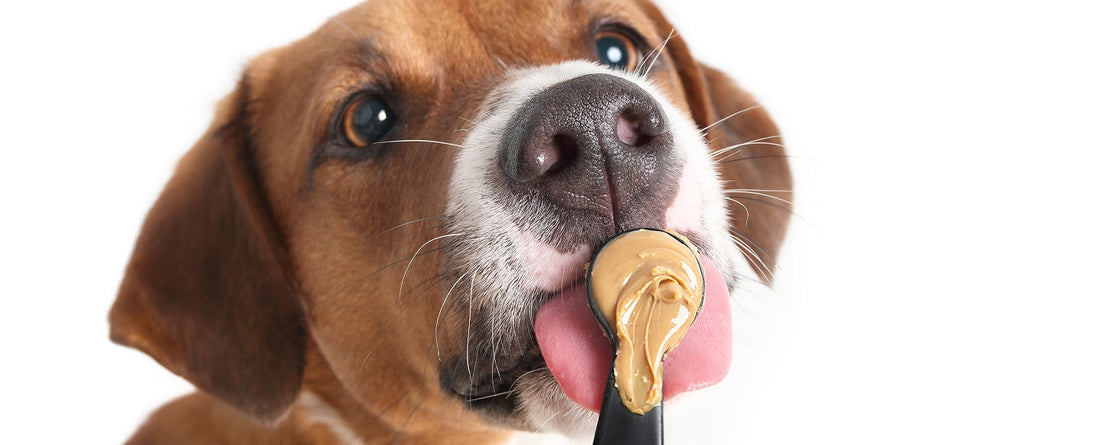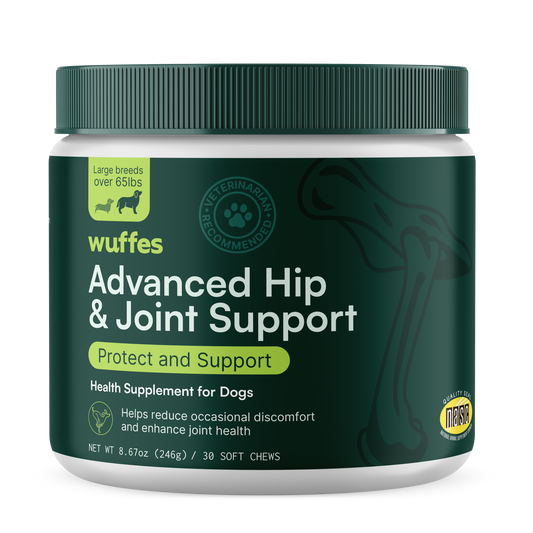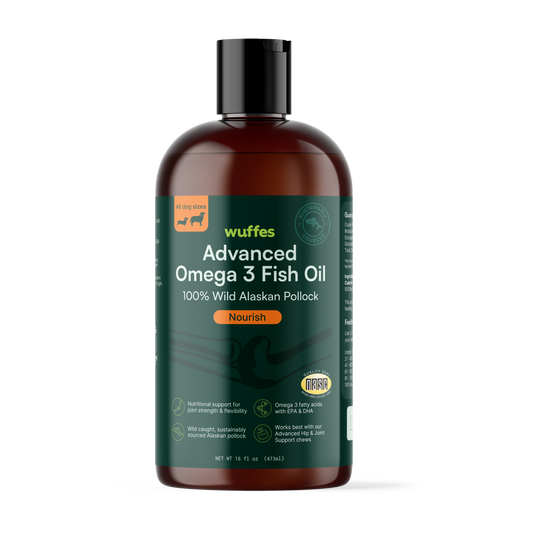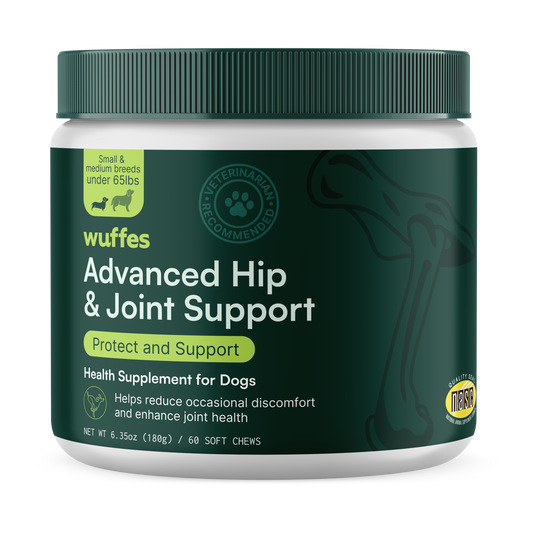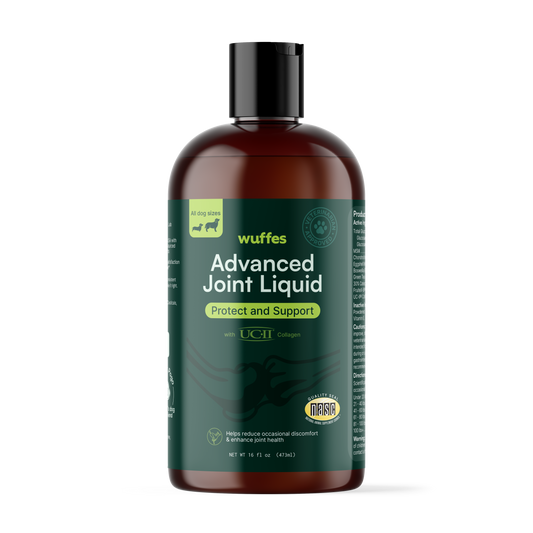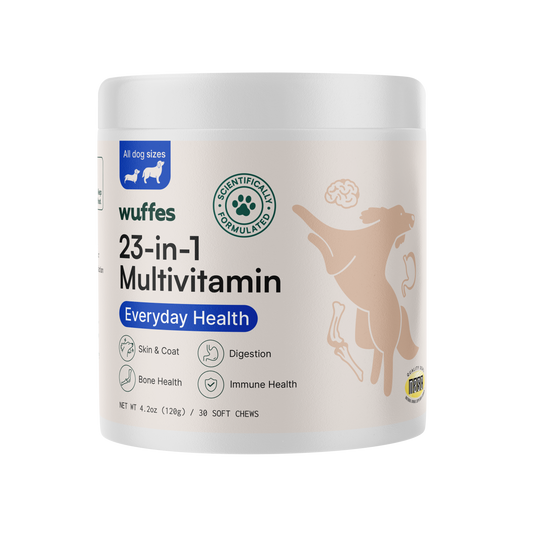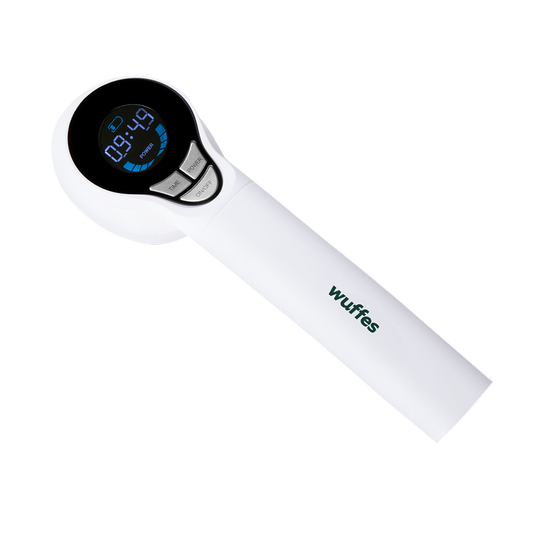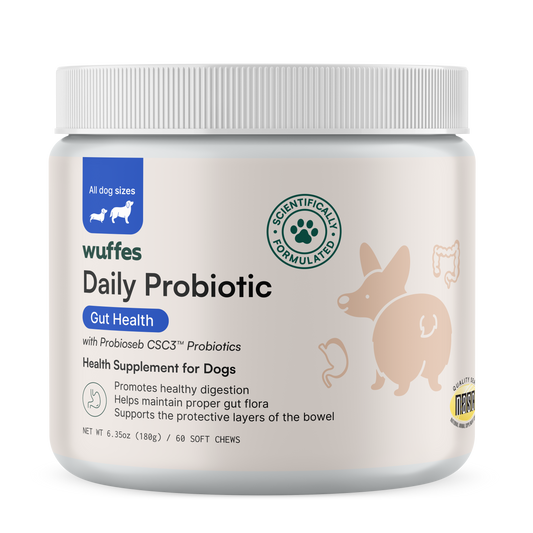If you’re a dog parent, you’ve probably heard mixed opinions about peanut butter. Some people swear by it as a treat for their pets, while others warn it can be dangerous. So, what’s the truth?
Can dogs eat peanut butter?
Peanut butter can be a great source of protein, niacin (Vitamin B3), and Vitamins B and E, all of which offer health benefits for dogs. Protein and niacin help support muscle growth, while Vitamins B and E play essential roles in brain health and nerve function.
However, not all peanut butter is created equal. Some brands include ingredients that can be harmful to your dog, such as xylitol, aflatoxins, and excessive amounts of sugar and unhealthy fats. These can pose significant health risks, ranging from digestive issues to more severe concerns like poisoning or liver damage.
So, the short answer is yes—dogs can enjoy peanut butter, as long as it's free from harmful ingredients. Organic, all-natural peanut butter without added sugar or xylitol is the safest option. It’s always a good idea to read the label carefully before sharing your snack with your dog.
But if you’re looking for a safer alternative, there are plenty of dog-specific treats and multivitamin supplements that offer the same vitamins and nutrients without the risks.
What are the risks of eating peanut butter for dogs?
The primary risk comes from xylitol, a sugar substitute found in some peanut butters. While harmless to humans, xylitol can be extremely dangerous for dogs. It causes a rapid insulin release, leading to a severe drop in blood sugar levels. Symptoms of xylitol poisoning include lethargy, nausea, vomiting, fainting, and even seizures.
Another potential hazard is aflatoxins—toxic substances produced by mold that can contaminate peanuts during growth. Although aflatoxins may not be harmful in small amounts, high levels of exposure can lead to liver damage or even cancer.
Additionally, peanut butter can be high in sugar. While a little sweetness is fine, too much sugar can increase your dog’s risk of developing diabetes and can create a favorable environment for infections, such as yeast overgrowth or bacterial infections.
Lastly, unbalanced fats in some peanut butter brands can contribute to conditions like atherosclerosis (where blood vessels become blocked by fat deposits) and increase the risk of heart disease. Peanut butter’s high levels of Omega-6 fatty acids can also contribute to joint inflammation, which may be particularly concerning for dogs with mobility issues.
How to treat peanut butter poisoning in dogs
If you suspect your dog has eaten peanut butter containing xylitol or any harmful ingredients, it's essential to act quickly. In some cases, inducing vomiting by offering a small amount of grass may help, but the safest option is to contact your veterinarian immediately. Because dogs process food quickly, time is of the essence when dealing with toxins.
The bottom line: feed your dog right
When it comes to feeding your dog, it’s not just about what they eat, but how it affects their overall health. While peanut butter can be a fun treat, it’s essential to choose carefully—or skip it altogether—and opt for healthier, safer alternatives.
Your dog's health is worth it, and making informed choices helps keep them happy and thriving.
